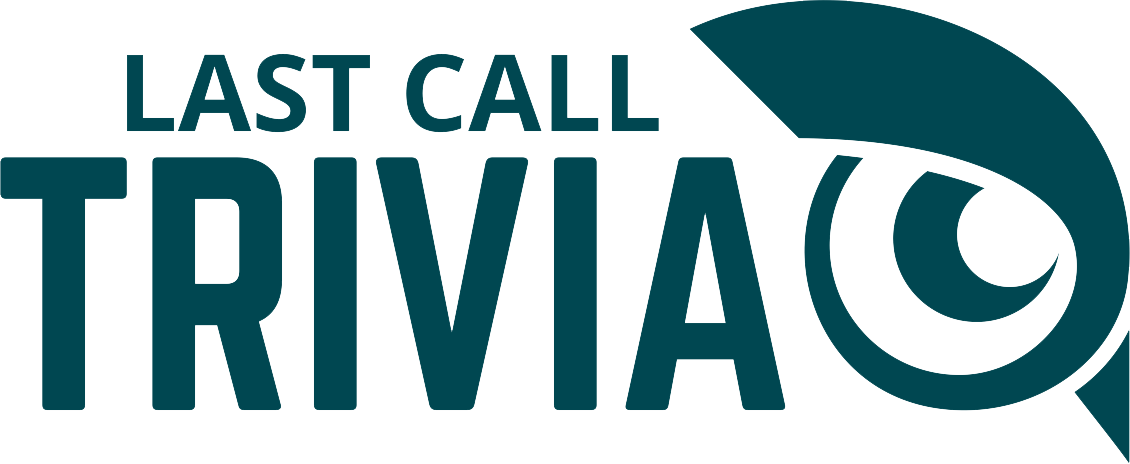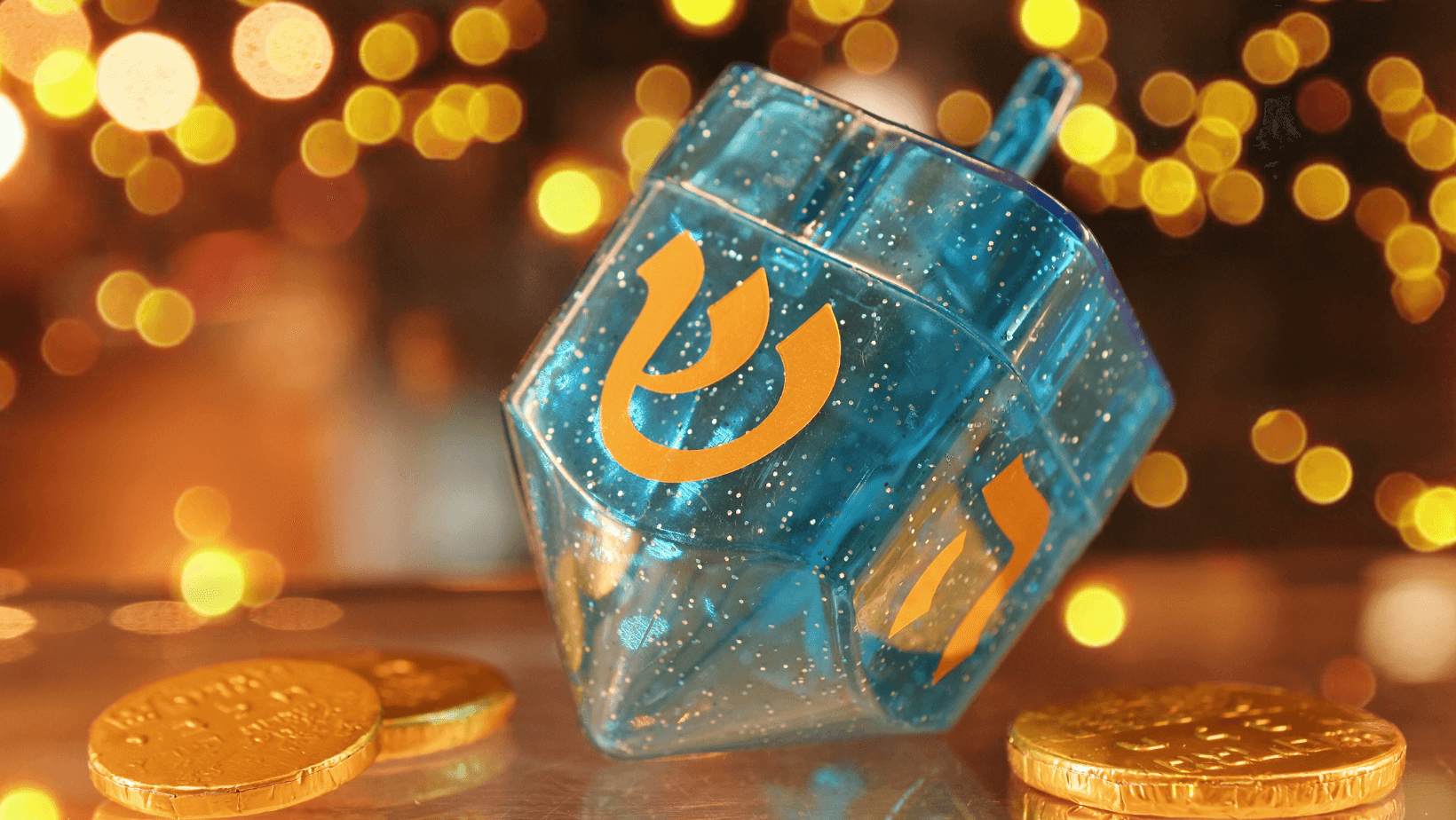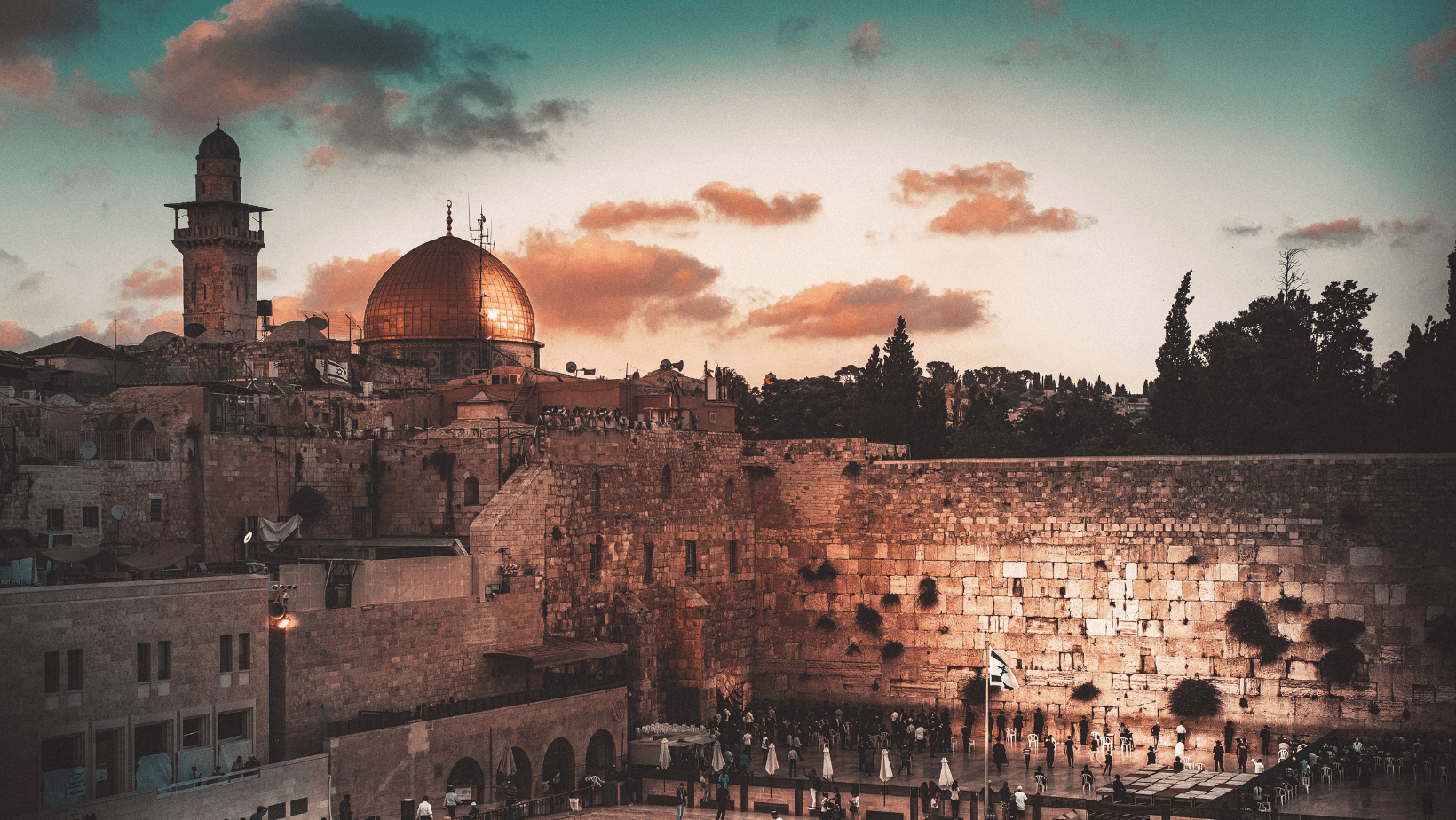
Hanukkah Origins
Hanukkah is observed for eight days and nights each year to reaffirm the ideals of Judaism. It also commemorates the rededication of the Second Temple of Jerusalem by the lighting of candles on each day of the festival. It usually occurs between late November and December, although the dates change yearly. This is because it always begins on the 25th day of Kislev in the Hebrew calendar.
Although it is not mentioned in the Hebrew Scriptures, it has become widely celebrated and remains one of the most popular Jewish religious observances. The events that inspired the Hanukkah holiday occurred during a turbulent time in Jewish history. Around 200 B.C., Judea came under the control of Antiochus III, the Seleucid king of Syria. Antiochus III allowed for the continued practice of Judaism, however, when his son Antiochus IV Epiphanes took power, he outlawed the religion and ordered the Jewish people to worship Greek gods instead.
In 168 B.C.E., his soldiers attacked Jerusalem, killing thousands and desecrating the city’s holy Second Temple. In response, Jewish priest Mattathias and his five sons led a large-scale rebellion. When Matthathias died in 166 B.C.E., his son, Judah Maccabee (“the Hammer”), took the helm. Within two years, the Syrians were driven out of Jerusalem. Following their retreat, Judah called on his followers to cleanse the Second Temple, rebuild its altar, and light its menorah.
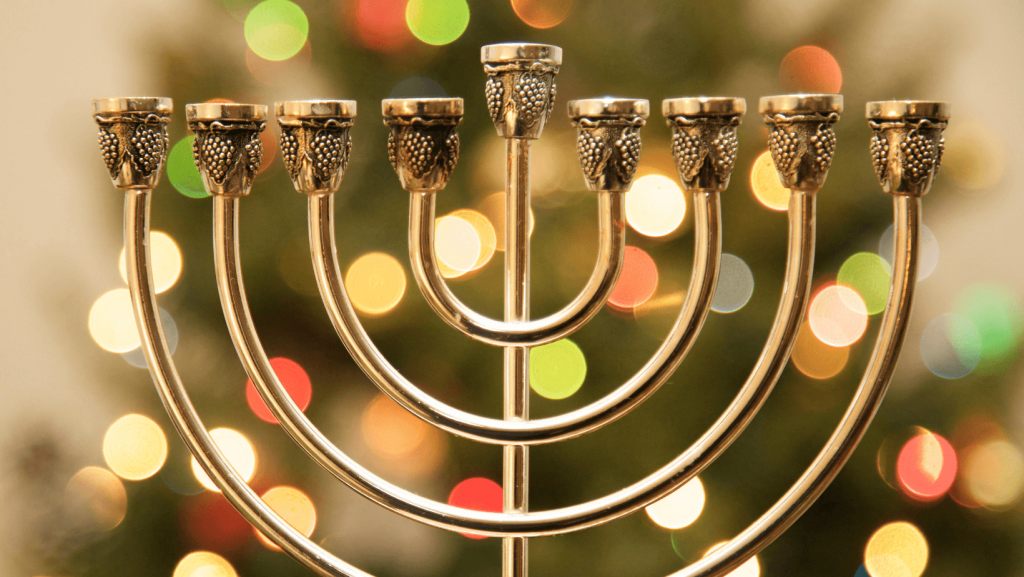
Festival of Lights
Hanukkah is also sometimes referred to as the Festival of Lights. This ties into the Hanukkah miracle that the Talmud, one of Judaism’s most central texts, states Judah Maccabee and his followers witnessed during the rededication of the Second Temple.
When the group prepared to light the Temple’s menorah – a seven-branched candelabrum – they found only enough olive oil to keep the candles burning for a single day. However, the candles remained lit for eight nights, leaving them time to find a fresh supply. This event inspired the Jewish sages to proclaim an annual eight-day festival.
The central tradition of the festival is the nightly menorah lighting. The menorah holds nine flames, including the shamash (“attendant” or “helper”) which is used to light the other eight candles. On the first night, just a single flame is lit. An additional candle is ignited each evening, and by the eighth night of Hanukkah, all eight lights are kindled. A blessing is also offered while the candles are lit each night.
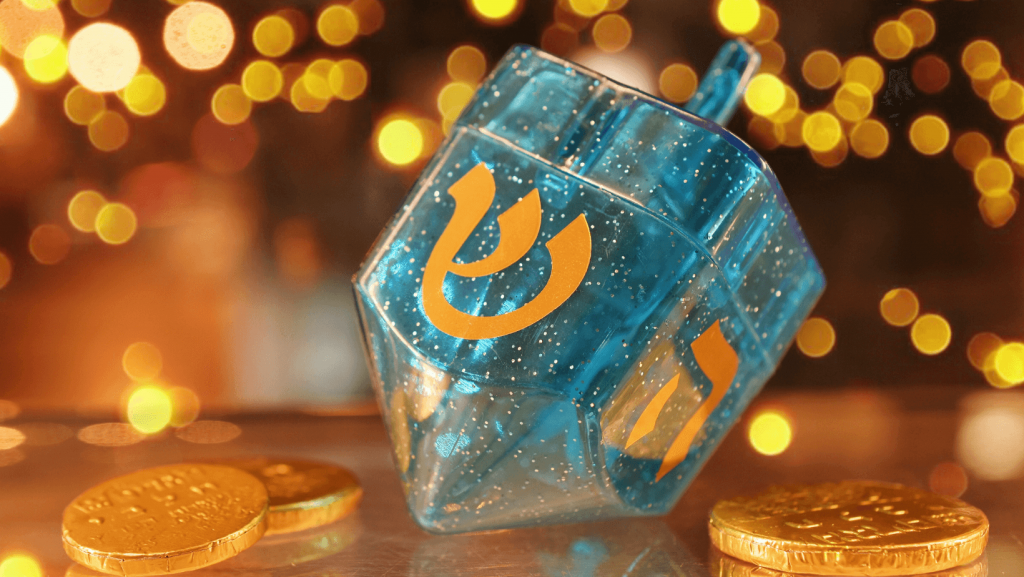
Hanukkah Traditions
In addition to the central tradition of lighting the menorah, there are a number of other ways the festival is celebrated. As another nod to the origins of the Hanukkah miracle, it’s customary to eat foods fried in oil. A few popular staples include latkes (potato pancakes garnished with applesauce or sour cream) and sufganiyot (jam-filled donuts).
Another Hanukkah tradition is playing with a dreidel. The dreidel is a four-sided spinning top that has the Hebrew letters, nun, gimmel, hei, and shin. The letters are an acronym for nes gadol hayah sham, which translates to “a great miracle happened there” Usually, the game is played for a pot of small items, such as coins or nuts, which is won or lost based on which letter the dreidel lands on when spun.
In recent years, it has become increasingly common for people to give Hanukkah presents. However, the more traditional practice is to give Hanukkah gelt – gifts of money – to children. These cash gifts were seen as both a reward for good behavior and devotion to Torah study and an opportunity for the children to give tzedakah (charity).
Weekly Trivia
Enter your guess to reveal the answer.
